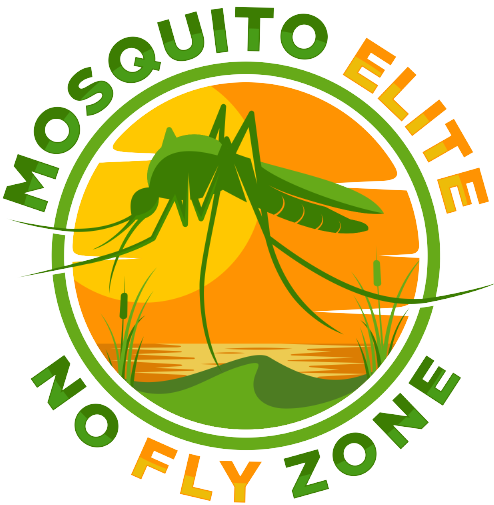Eliminate Fleas
Beyond safeguarding against mosquitoes and ticks, Mosquito Elite also specializes in comprehensive flea control. We believe that our clients deserve a deep understanding of these pests, so here are some intriguing flea facts that might have eluded you:
Fleas Unveiled
Similar to ticks, fleas embark on a fascinating four-stage life cycle: egg, larva, pupa, and adult. According to the Centers for Disease Control and Prevention, the lifespan of ticks varies from days to months to years, influenced by their environment.
The Bloodthirsty Reality
Much like their mosquito counterparts, female fleas require a blood meal to nurture their eggs. However, both male and female fleas depend on host blood for sustenance. These pests consume around 10-15 blood meals daily, identifying human or animal hosts (with a preference for animals) to lay their eggs, as per the CDC. This detection relies on factors such as body heat, motion, and breathing.
Fleas' Eclectic Abodes
Fleas often inhabit areas frequented by your beloved pets—think carpets, furniture, pet beds, and even your bedding. To tackle fleas at home, regular vacuuming of carpets, rugs, and couch cushions is essential. Additionally, maintain cleanliness by regularly washing bedding, both yours and your pets', with soap and water.
A Versatile Palate
Although most U.S. fleas lean toward animal hosts, they may opportunistically bite humans, according to the CDC. Human flea bites commonly occur when humans are in close proximity to pets. While human reactions to flea bites are usually milder than those of animals, they can still lead to discomfort and itching.
Fleas: A Global Ensemble
The CDC records around 2,500 flea species worldwide, with approximately 300 found in the United States. Among these, the four most prevalent U.S. species are the cat flea (Ctenocephalides felis), the dog flea (Ctenocephalides canis), the ground squirrel flea (Oropsylla montana), and the oriental rat flea (Xenopsylla cheopis).
Transmitters of Ailments
Contrary to the belief that fleas only menace animals, they also pose risks to humans. Fleas can transmit various diseases to humans, such as flea-borne typhus and cat scratch disease, both facilitated by the cat flea. The ground squirrel flea contributes to the transmission of plague bacteria within the United States, while the dog flea aids in spreading Dipylidium caninum, a tapeworm affecting not only animals but humans too.
From Home Invasion to Health Concerns
Fleas wield the power to infest homes and trigger serious health issues. Effective flea control is pivotal in ensuring the well-being of your family, including your furry companions.
Say goodbye to fleas – connect with Mosquito Elite today at www.getmosquitoelite.com!
